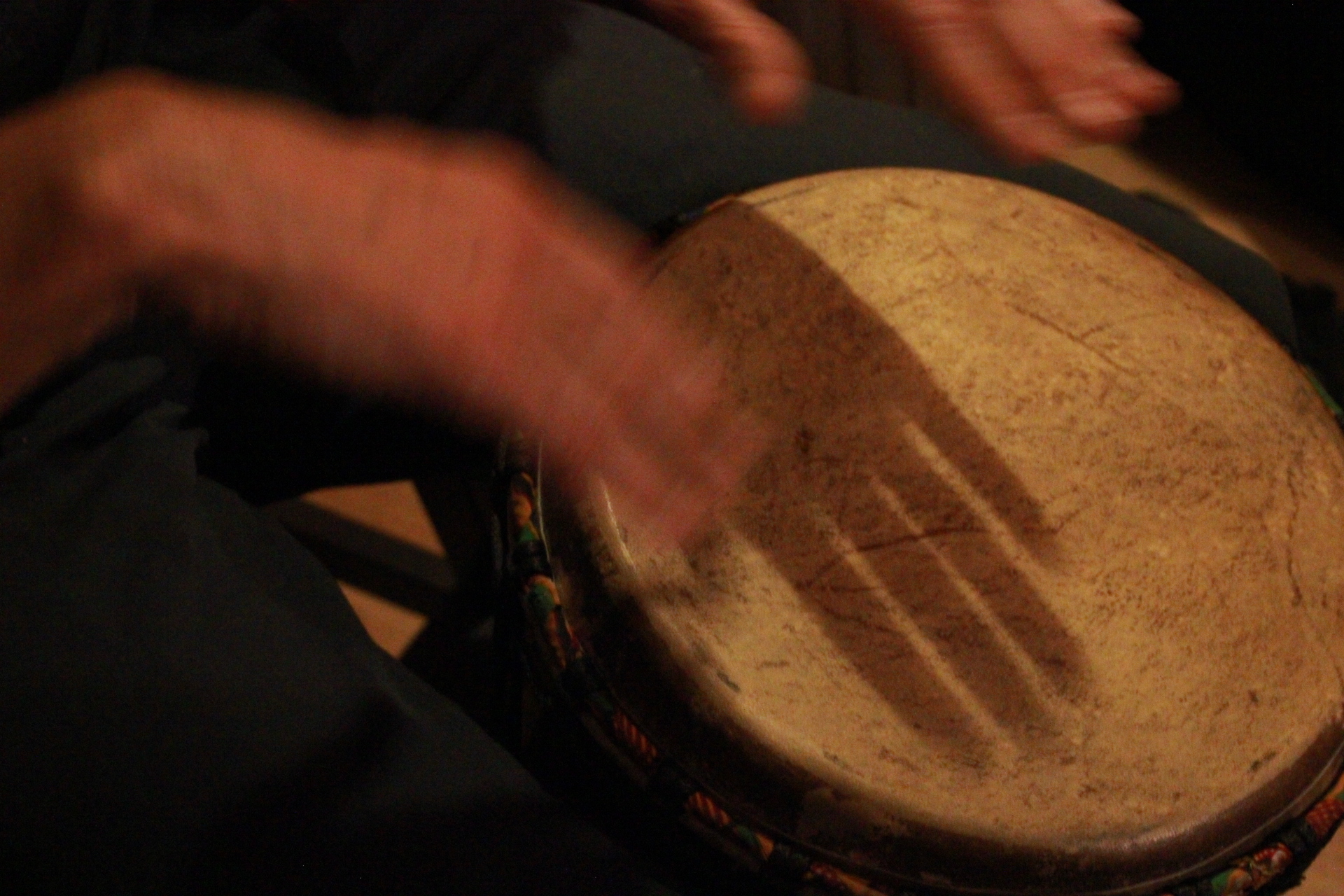10 Health Benefits of Music That You Were Never Aware Of
by Robert Locke
Can you imagine a civilization without music? Impossible, I would say. In addition, history shows that every culture on this planet has used music in its religion, meditation, medicine, rituals and enjoyment of life. Let us look at the actual health benefits now.
1. Music is good for your heart.
“There’s just something about music—particularly live music—that excites and activates the body.” —Joanne Loewy, Editor, Music and Medicine.
They say that music is good for the soul, but what about the heart? There are lots of experiments which are more or less impressive on the benefits of music when treating illness.
Heart patients were observed at Massachusetts General Hospital. They were recovering from heart surgery. Some patients listened to Mozart’s piano sonatas for half an hour every day. These patients were the ones who had improved heart rates and lower blood pressure compared with those who never listened to any music at all.
2. We are musical creatures.
A must-read book on the power of music is Musicophilia by Dr. Oliver Sacks. He tells us that music and its powerful rhythms and sounds occupy more space in our brain than language does! As a neurologist, he has researched and studied extensively the role of music in our lives.
On his website, Dr. Sacks explains that when he meets people who are aphasic (have lost the power of speech), he always sings “Happy Birthday” to them. It is a starting point for treatment as many aphasic patients can still sing.
3. Music can help with pain relief.
Patients suffering from unrelenting pain have found relief from listening to music. Classical music seems to be the best option and Mozart and Bach are the most suitable. Also music for meditation can help but heavy metal and other techno sounds can actually agitate patients and cause irregular heartbeats, so they are not recommended.
4. Music may be useful in controlling obesity.
Subliminal music which sends messages to the subconscious may work in helping people with weight control. It may act on the working memory so the messages about which foods to avoid will be repeated more effectively.
Other studies show that simply playing soft and relaxing music while eating can have a controlling effect on how full you feel. The result is that you will eat less.
5. Music can strengthen your immune system.
The Community Music School at the Michigan State University lists many health benefits of music therapy. One of the more interesting studies done hows that the interleukin-1 levels, which are key boosters for our immune system, can benefit from exposure to music. Even a quarter of an hour of music was effective. This is mentioned in the book, The Rebirth of Music.
6. Music helps premature babies.
The Beth Israel Medical Center treated over 250 premature babies with a special type of musical therapy. They chose music which resembled the sounds of the mother’s womb. These ranged from percussion instruments to lullabies. The music therapists chose the music carefully to suit the babies’ heartbeats and breathing patterns. The results were surprising in that the babies were quieter, slept better and were generally less stressed, as well as their parents!
7. Music may help with memory and learning.
There was a lot of publicity about the “Mozart Effect” which showed that a group of college students did better at math while they were listening to some classical music. Some students find that music can aid concentration, while others need silence.
8. Playing a musical instrument can help with motor skills.
Many patients who have suffered brain damage after a stroke have gained benefits by learning to play a musical instrument. It can help with impulse control and social interaction. Stroke patients also benefit greatly when they have to learn lyrics and melody.
9. Music can help the elderly.
Elderly people often suffer from loneliness and depression, especially when they end up in nursing homes. Music has helped Alzheimer’s patients to actually focus on reality, albeit for short periods. It also makes them less agitated. Researchers have also noted that those senior citizens who still play an instrument are much fitter physically and emotionally than those who have never played.
10. Music may help you feel less sad.
For those people who feel down, there is a therapeutic benefit in listening to music. It does not have to be joyful or jolly either! Researchers at the University of Kent found that the selection of SSIM (Self-Identified Sad Music) by sad people was not necessarily linked to improving their mood. As long as it was beautiful, it would help them.
Now the next time you listen to music to keep you motivated at the gym or to relax, help you sleep or help with stress, just thank your lucky stars that you have free therapy. There are no negative side effects either!
